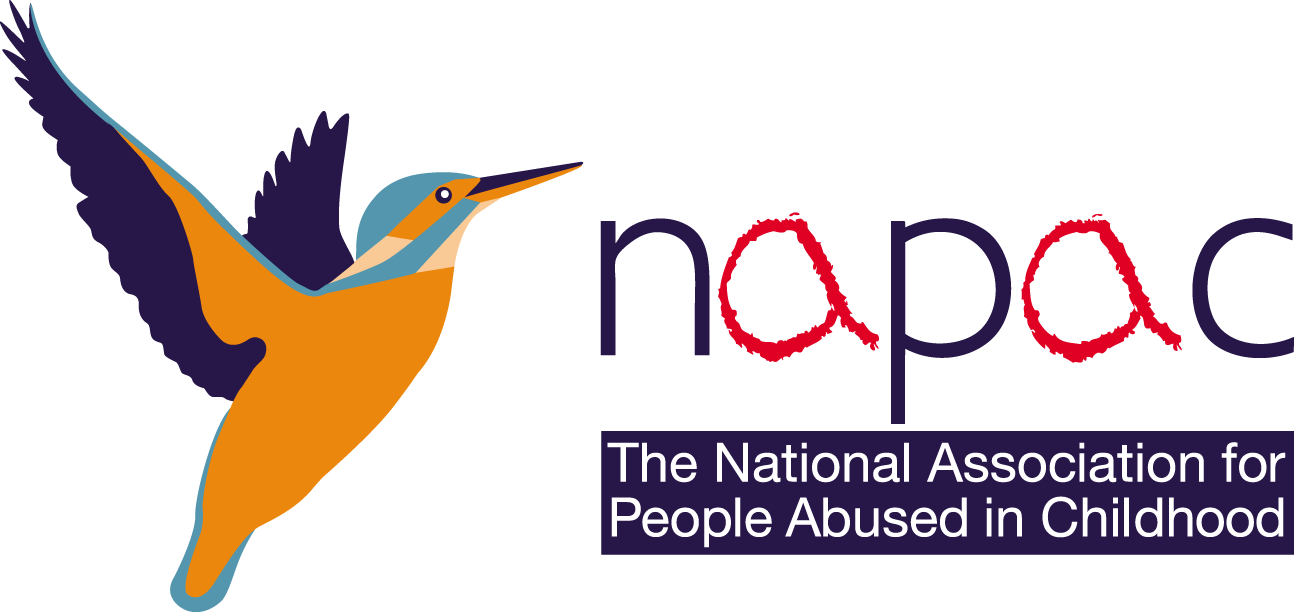Many of the people calling our support line tell us they suffer from flashbacks, dissociation and poor sleep and this impacts their day to day life. Much of the popular understanding of PTSD (Post Traumatic Stress Disorder) comes as a result of media depictions, which show visual flashbacks and hallucinations of the incident. But complex PTSD as a result of trauma in childhood doesn’t often manifest in this way..
Researcher Claire Cunnington at the University of Sheffield on complex PTSD and childhood trauma
Claire Cunnington: “Complex Post Traumatic Stress Disorder (c-PTSD) is a chronic version of PTSD more common in adults. It includes both the effects of trauma such as hyperarousal, irritability, poor sleep, flashbacks and nightmares, and the person’s attempts to cope with them through dissociation, avoidance and numbing. The symptoms of c-PTSD and what are labelled as ‘risky’ behaviours (substance abuse, eating disorders etc) are the person’s futile efforts to protect themselves or avoid the effects of a danger that (hopefully) no longer exists.
“Complex PTSD (c-PTSD) is much misunderstood. The media portrayal of PTSD focuses upon visual flashbacks and hallucinating the incident, however, it can manifest more as avoidance of anything that reminds the person of the trauma, often referred to as ‘triggers’. The symptoms of c-PTSD fluctuate throughout a person’s life but two research studies suggest a potential 76-86% prevalence rate for adults who have experienced childhood sexual abuse (Rodriguez et al., 1996; Johnson, Pike and Chard, 2001).
“However, my research (Cunnington, 2020) at the University of Sheffield suggests that very few adults reporting childhood sexual abuse to their GP or other clinician are assessed for complex PTSD. I carried out a survey of 140 people and interviewed 21. The reported levels of diagnosis of c-PTSD was quite small with only 9 people reporting that they had a complex PTSD diagnosis, which is far below the suggested level of up to 86%. Therefore, whilst most people in my research said that they had disclosed that they had experienced childhood sexual abuse to health services, they do not say that they were assessed for c-PTSD. This result needs to be assessed further in a larger scale study.
“Health professionals may not be aware of these potentially high rates of prevalence or actual (not media created) characteristics. The UK National Institute for Health and Care Excellence (NICE) has not produced any guidelines for the care of adults presenting with a history of childhood sexual abuse. I believe that assessment for c-PTSD ought to be a first step in treatment and support and would significantly improve the lives of people abused in childhood as well as reduce negative impacts on healthcare or other institutions.”
claire.cunnington@sheffield.ac.uk
References
- Cunnington, C. (2020) Adults recovering from Childhood Sexual Abuse: A Salutogenic Approach. PhD Thesis, University of Sheffield, Sheffield. (upcoming)
- Johnson, D. M., Pike, J. L. and Chard, K. M. (2001) ‘Factors predicting PTSD, depression, and dissociative severity in female treatment-seeking childhood sexual abuse survivors’, Child Abuse and Neglect, 25(1), pp. 179–198. doi: 10.1016/S0145-2134(00)00225-8
- Rodriguez, N. et al. (1996) ‘Posttraumatic stress disorder in a clinical sample of adult survivors of childhood sexual abuse’, Child Abuse and Neglect, 20(10), pp. 943–952. doi: 10.1016/0145-2134(96)00083-X.
For more information about trauma, see Mind’s information pages Mind on Trauma and Every Mind Matters has a section on how traumatic events can impact our mental health Every Mind Matters on Traumatic Events and Mental Health
